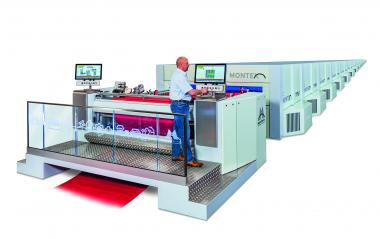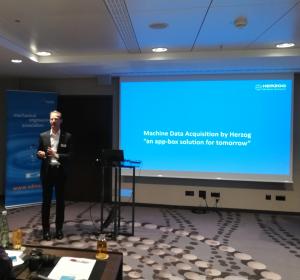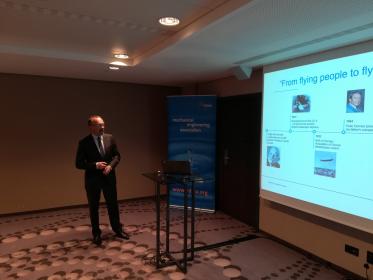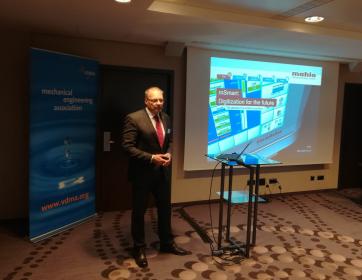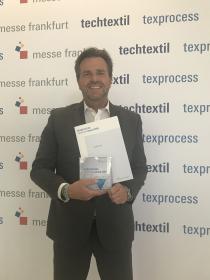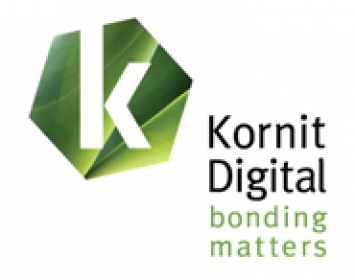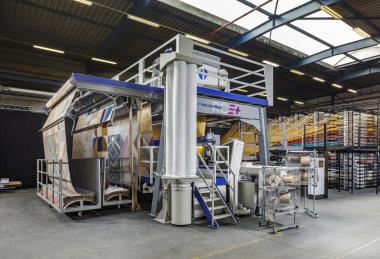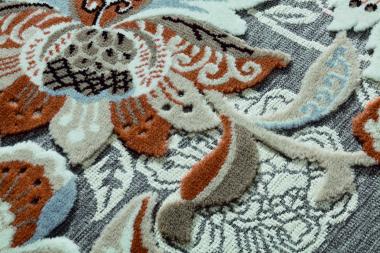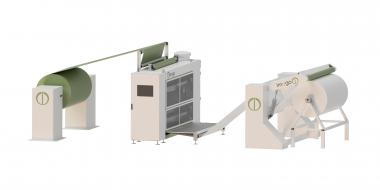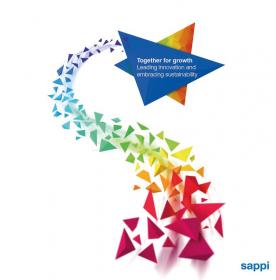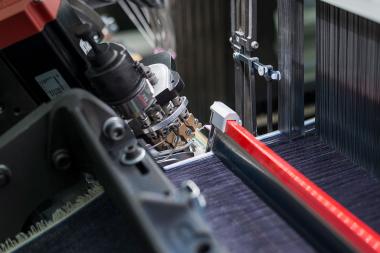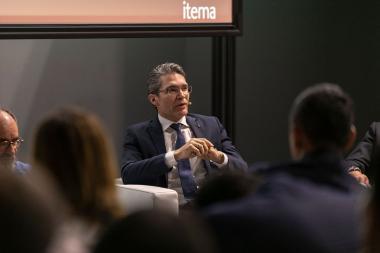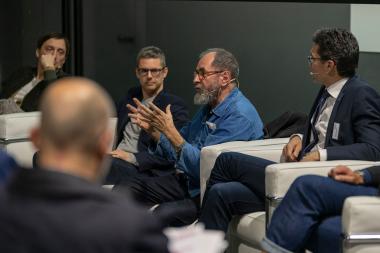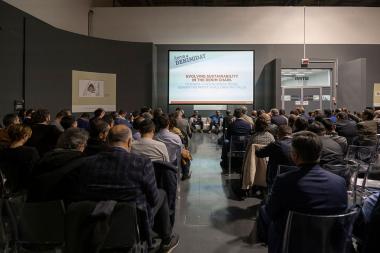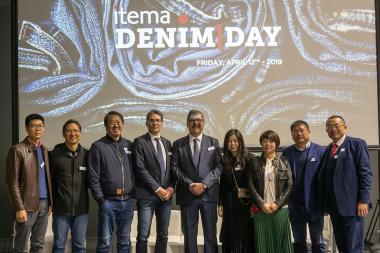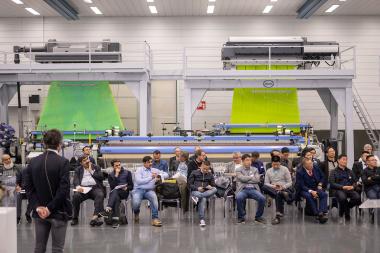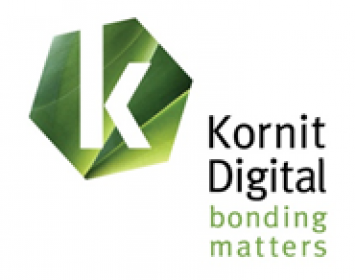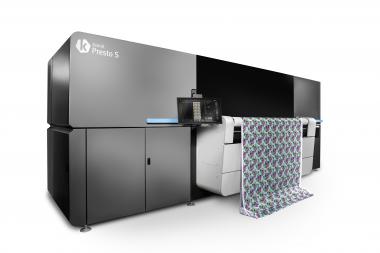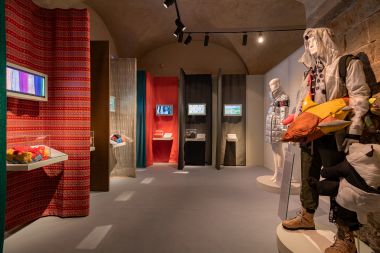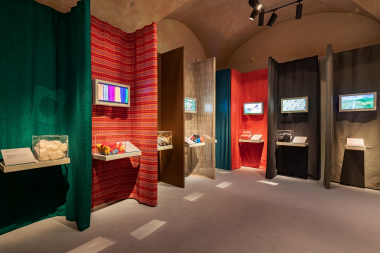Monforts at ITMA 2019
A. Monforts Textilmaschinen GmbH & Co. KG will demonstrate a range of new advances made possible by Industry 4.0 techniques at ITMA 2019 in Barcelona, Spain, from June 20-26.
At stand D101 in Hall 2, visitors will discover the possibilities of ‘digital twin’ capability – now being made available for all Monforts machine systems – and that by exploiting the latest advanced sensor technology, comprehensive technical machine data can now be virtually mapped in the cloud in real time. The data can be easily accessed using the new Monforts Smart Support and Smart Check apps for an instantaneous status overview. All specifications relating to machine performance and the production process can be mapped, to enable vastly simplified and targeted analysis for controlled planning and production. Insights harnessed from such analysis can be used to optimise the actual production process. At the same time, potential sources of error can be anticipated and eliminated, enabling improved machine availability while considerably minimising downtime.
Parts prediction
In addition, the digital twin system provides information on the individual wear parts of a system, such as, for example, converters or gears. “Operators and mill managers are informed by Smart Check sensors when maintenance or the replacement of key components will be required, well ahead of time,” explains Monforts Vice President Klaus A. Heinrichs. “Direct access to the integrated Monforts webshop allows users to instantly order such parts when they are needed, virtually preventing machine downtime.” On request, Monforts can also virtually monitor machine performance and pro-actively alert customers to the need for preventative action. In such cases, however, data is only ever called from the cloud by Monforts when customers have given their full consent, in the interests of data security. Data from Smart Check, for example, can even be used to analyse a system’s energy requirements, allowing machine operation to be optimised by tailoring production runs to the peaks and troughs of electricity costs.
A. Monforts Textilmaschinen GmbH & Co. KG




